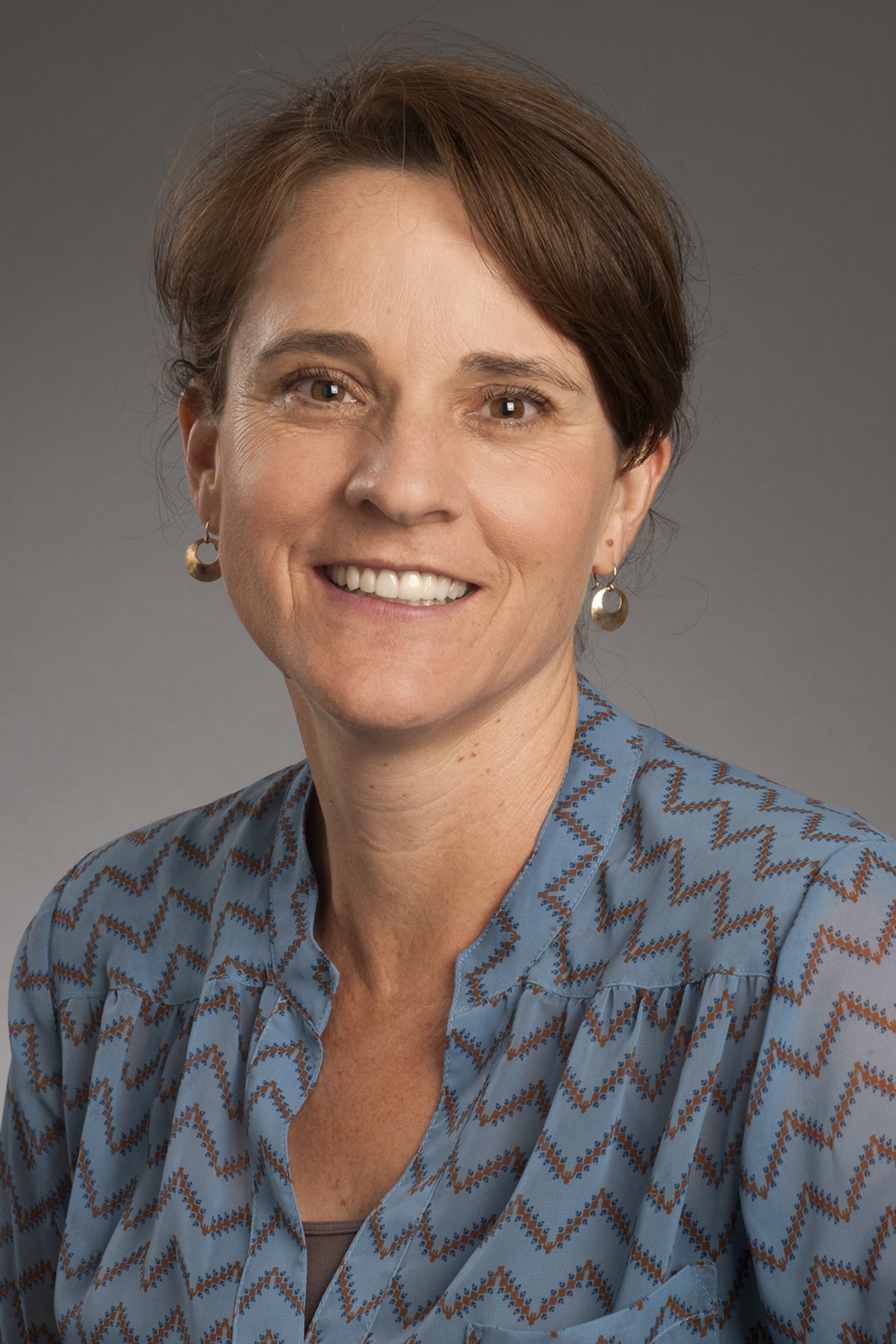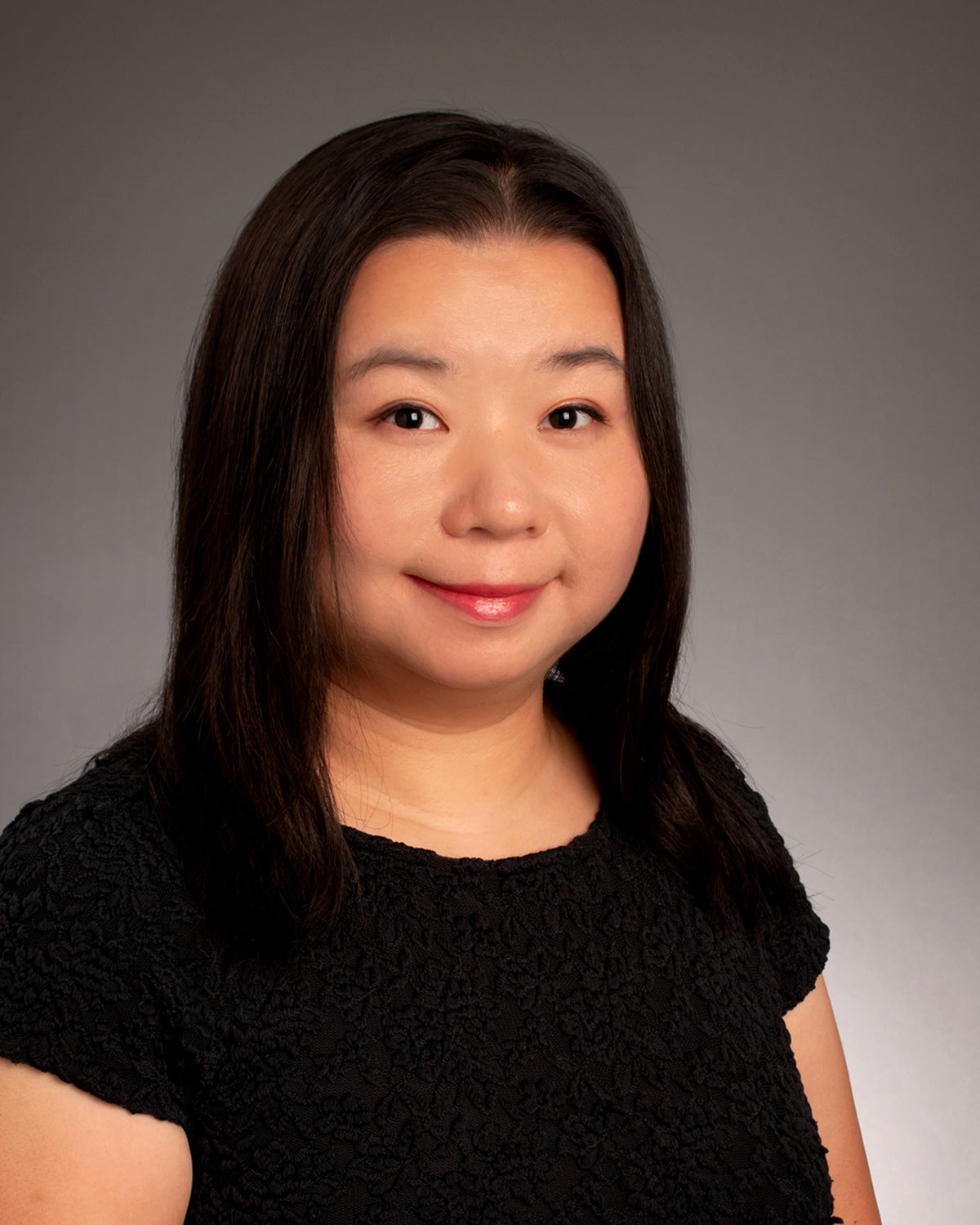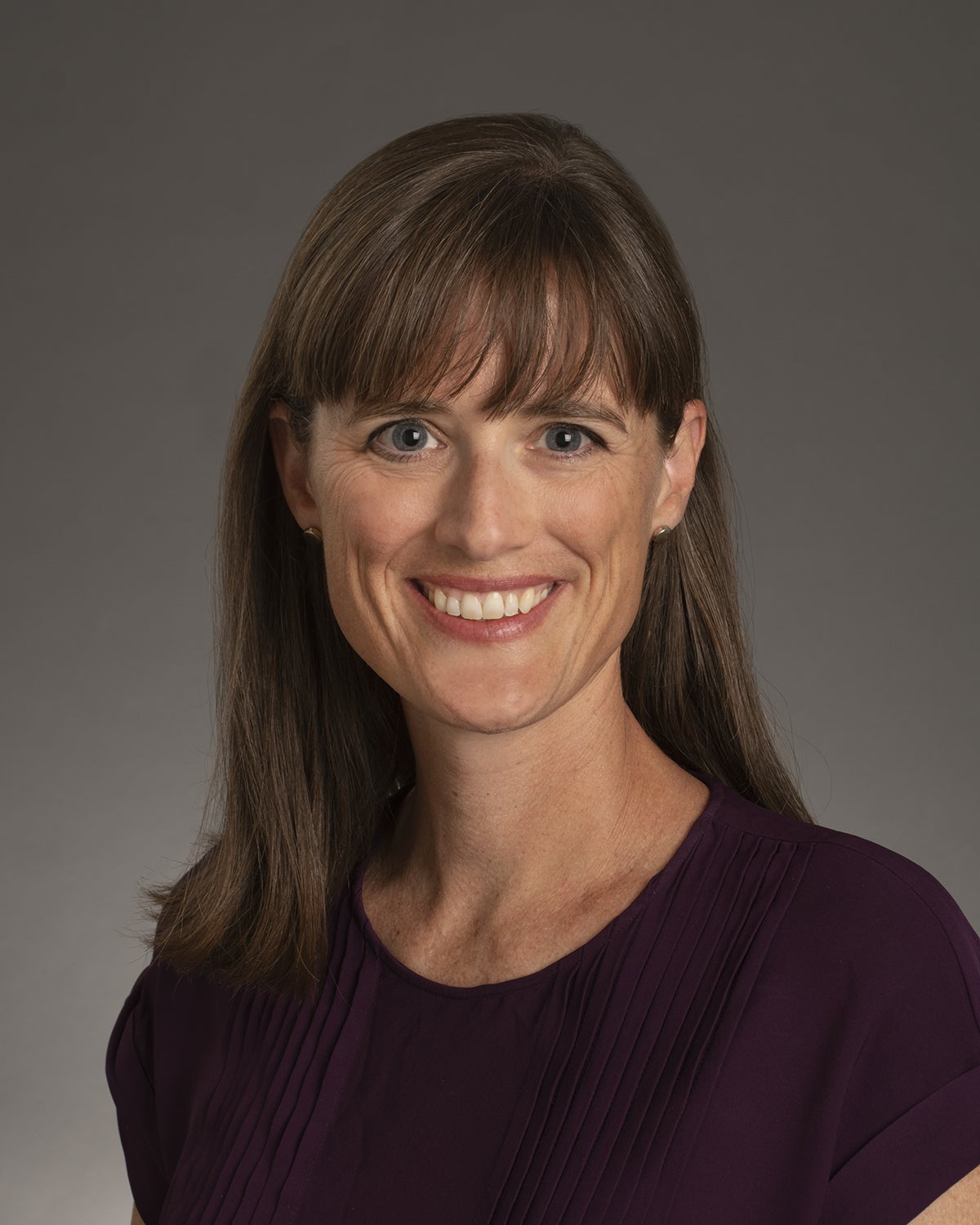
A physical science teacher begins a unit on chemical and physical changes by asking her high school students what happens to the wax of a candle as it burns. One student says “it turns into heat!” Another disagrees, saying “it evaporates!” Neither idea is right: wax combines with oxygen to produce carbon dioxide and water. But simply telling students that fact isn’t effective. It doesn’t engage with the ideas that they have about energy, heat and the production of gases.
So what should she do next?
Teaching science well requires not only understanding what it is you want students to know, but interpreting students’ existing ideas and building on those ideas in productive ways. This type of teaching method is known as “disciplinary attentiveness.”

College of Education researchers Leslie Atkins Elliott, Michele Carney and Ya Mo have been awarded a National Science Foundation (NSF) grant to develop an assessment for disciplinary attentiveness so physics teacher preparation programs can evaluate how well they’re preparing teachers for this specific teaching skill. The three-year, $299,000 project has both a focus at the physics teacher preparation program level and an end goal of preparing teachers who can effectively analyze and respond to student thinking in practice.
This form of instruction helps bridge students’ common sense ideas about the world with the abstract and theoretical claims scientists routinely make. In addition, disciplinary attentiveness values the contributions that students bring to the science classroom, treating their thinking as productive resources to be built upon, rather than misconceptions to be quashed. Because this is the kind of instruction that science teacher preparation programs across the country are trying to teach, the development and use of an assessment also allows for reliable comparisons across programs, pointing the field towards the most promising approaches.

“Teaching is such a complex skill – I’m excited to be developing an assessment that honors the complexity of teaching,” said Leslie Atkins Elliot, principal investigator and chair of the Department of Curriculum, Instruction and Foundational Studies. “The assessment will help us improve our teacher education programs, provide a better understanding of how teaching skills develop among our teaching candidates and ultimately improve physics instruction for high school students.”
It will collect high school students’ responses to questions like the one above, and use those to develop a range of multiple choice responses that gauge how well a teacher interprets students’ ideas and responds to those.
Programs like IDoTeach at Boise State can then use this assessment to evaluate and improve science teacher preparation. The researchers are starting with developing a test for physics, and hope to expand to create assessments for each of the sciences taught in high school.
“It is so important to honor student understanding and disciplinary expertise in teaching,” said interim College of Education Dean Jennifer Snow. “I am thrilled Boise State will have this opportunity to explore the complex interactions of learning and learning to teach.”